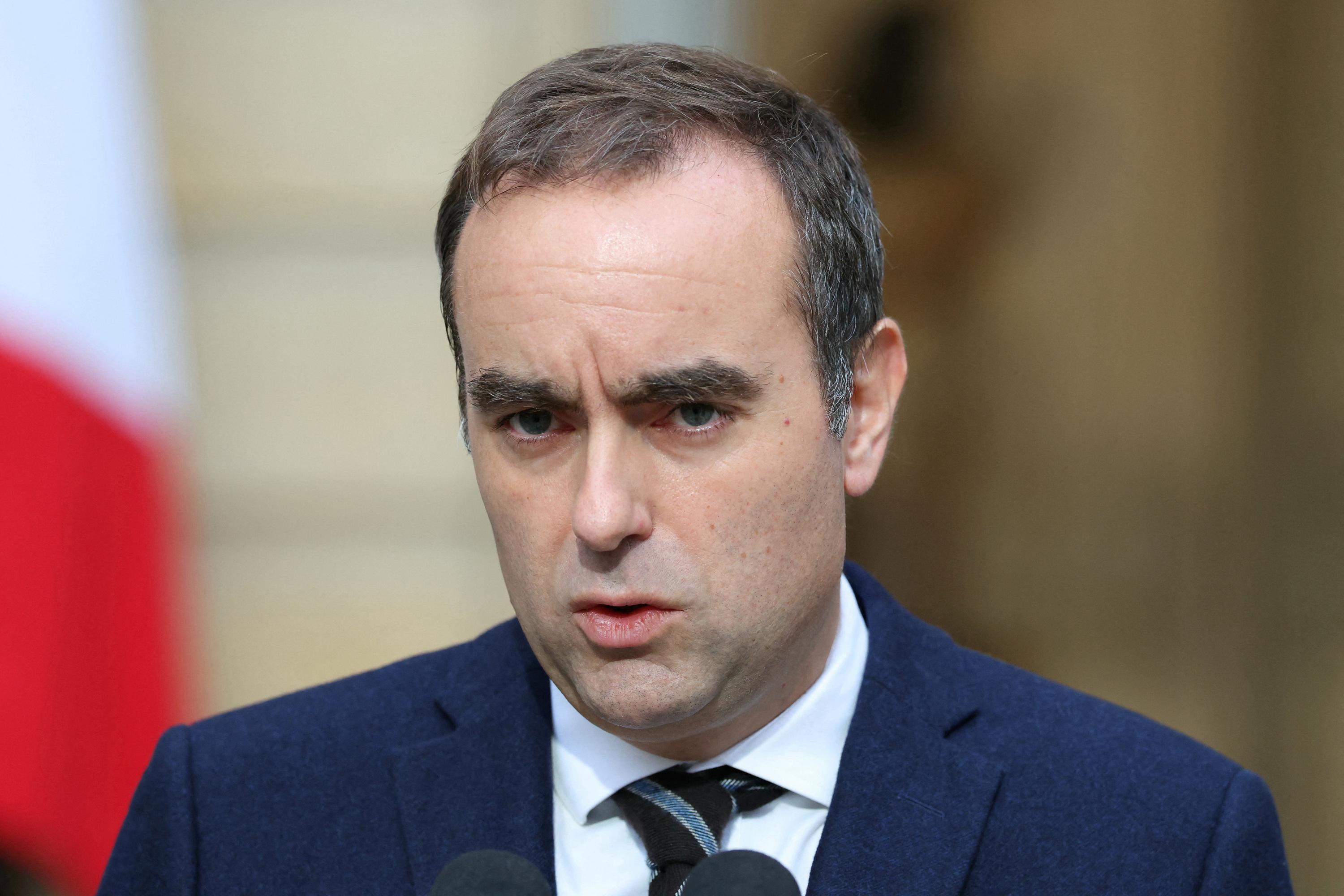France Plans €1.1 Billion Reduction in CVAE Tax for 2026 Budget
Prime Minister Sébastien Lecornu proposes a €1.1 billion CVAE tax cut starting in 2026, aiming to ease financial pressures on SMEs with phased elimination over three years, amidst mixed political reactions.
- • Prime Minister Sébastien Lecornu proposes a €1.1 billion reduction of the CVAE tax from 2026.
- • Gradual elimination of CVAE is planned within three years, mainly benefiting SMEs and ETIs.
- • About 300,000 companies would gain relief, with strong support from the CPME employers' organization.
- • Political reactions vary; Macronists support the measure while left-wing politicians criticize its fiscal implications.
Key details
Prime Minister Sébastien Lecornu has unveiled a proposal in the 2026 French budget to reduce the Cotisation sur la Valeur Ajoutée des Entreprises (CVAE), a key production tax paid by companies, by €1.1 billion starting next year. The plan includes the prospect of gradually phasing out the CVAE entirely within three years, aiming to ease the fiscal burden primarily on small and medium-sized enterprises (SMEs) and mid-sized firms. Around 300,000 companies, of which approximately three-quarters are SMEs and intermediate-sized enterprises (ETIs), stand to benefit from this tax relief.
Originally, the CVAE was set to be fully eliminated by 2024 after half was removed in 2023, but budgetary constraints delayed the complete phase-out. Lecornu’s team emphasized the gradual suppression will particularly support the industrial sector and production activities, reinforcing national economic competitiveness.
While the Confederation of Small and Medium Enterprises (CPME), France’s second largest employers' organization, has strongly backed the initiative, political responses have been mixed. Macronist deputies have shown support, viewing it as beneficial for jobs and investment attraction. Conversely, left-wing politicians like Insoumise deputy Claire Lejeune criticized the proposal for contradicting fiscal responsibility priorities, and Socialist deputy Boris Vallaud expressed doubts about its depth, calling for more ambitious reforms.
The Prime Minister also highlighted that implementation depends on France’s fiscal health, and the measure could be subject to parliamentary amendments during budget debates. This substantial reduction in CVAE reflects the government’s broader focus on supply-side economic policies amid ongoing budgetary challenges.
As this remains a legislative proposal, its final form and impact will become clearer once the budget is reviewed by Parliament. However, Lecornu’s announcement marks a significant fiscal shift aimed at relieving companies’ tax load and boosting industrial production in France.
This article was translated and synthesized from French sources, providing English-speaking readers with local perspectives.
Source articles (2)
Source comparison
Latest news
Katy Spicher Sues French State for Denial of Justice Over Unsolved 1983 Murder of Her Mother
French Public Sees Rise in Political Violence Amid Pre-Municipal Election Tensions
Businesses Drive French Economy Amid Rising Financial Challenges for Youth
France Climbs to 4th Place in 2026 Winter Olympics Medal Table After Biathlon Relay Gold
XV de France to Field Largely Unchanged Lineup Against Italy in Six Nations
France and India Deepen Strategic Partnership with Focus on AI Regulation and Defense Cooperation
The top news stories in France
Delivered straight to your inbox each morning.


